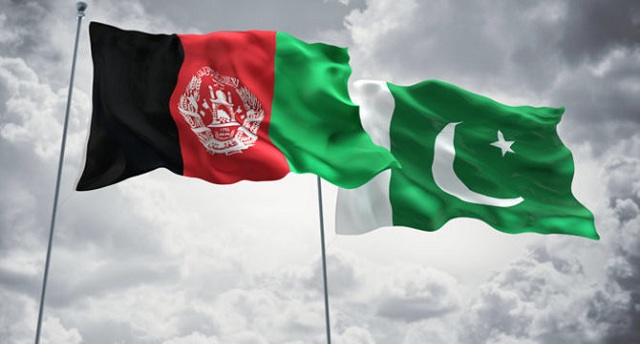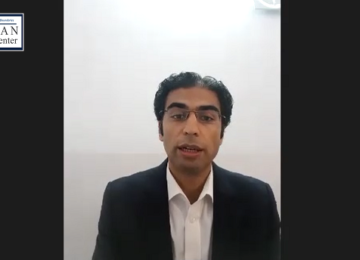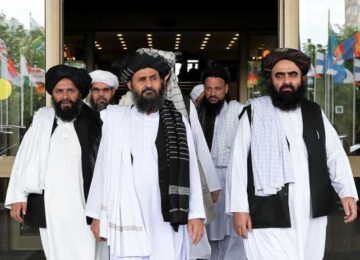In their landmark meeting on May 15 at Islamabad, Afghan Deputy Foreign Minister Hekmat Khalil Karzai and Pakistan’s National Security Adviser Lt. Gen. (retd) Nasser Khan Janjua agreed to intensify efforts for success of Afghanistan Pakistan Action Plan for Peace and Solidarity (APAPPS) and “take a fresh start, bridge existing gaps, build formal mechanism of cooperation in all areas of mutual interests and take collective actions to strengthen trust between the two countries”.
This amounted to a fresh start under APAPPS in the stress-loaded acrimonious relations.
Many wonder what the APAPPS is. It is a set of seven principles listed below.
1: Pakistan would support the Afghan-led and Afghan-owned peace and reconciliation
2: The two countries would undertake effective actions against fugitives and the irreconcilable elements posing security threats to either of the two countries
3: Both countries would deny use of their respective territory by any country, network, group or individuals for anti-state activities against either country
4: Both will put in place a joint supervision, coordination and confirmation mechanism through liaison officers for realisation of the agreed actions
5: Will avoid territorial and aerial violations of each other’s territory
6: Will refrain from public blame game and instead APAPPS cooperation mechanisms would be utilised to respond to mutual issues of contention and concerns
7: Working groups and necessary cooperation mechanism would be set up as per APAPPS.
Things on ground and the nature of engagement could dramatically change if both sides could hold on to these guiding principles.
© Center for Research and Security Studies (CRSS) and Afghan Studies Center (ASC), Islamabad.








